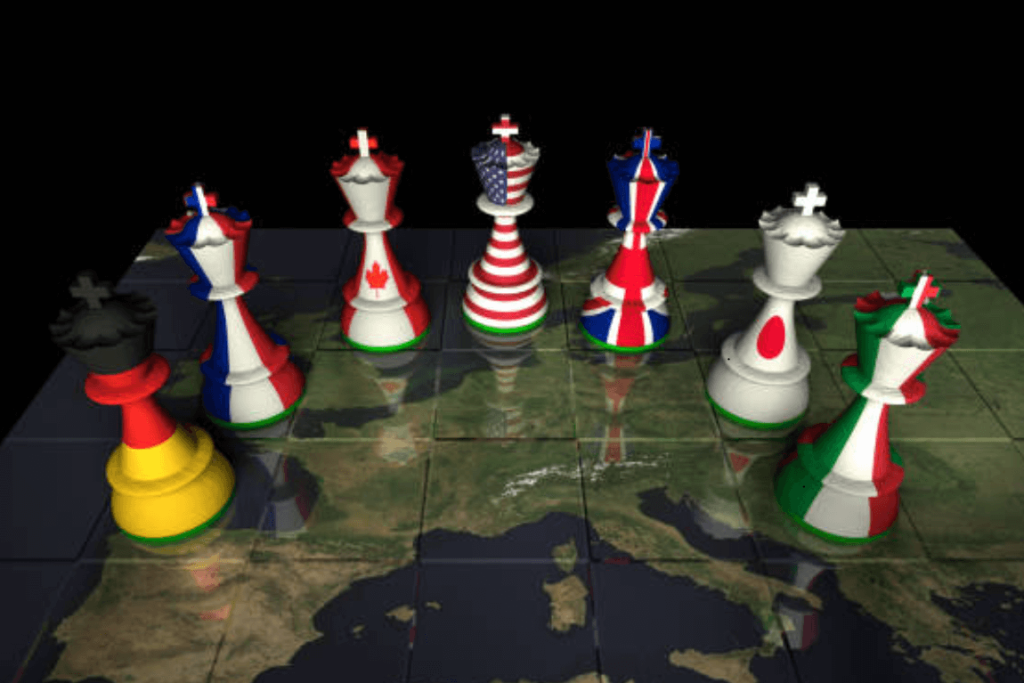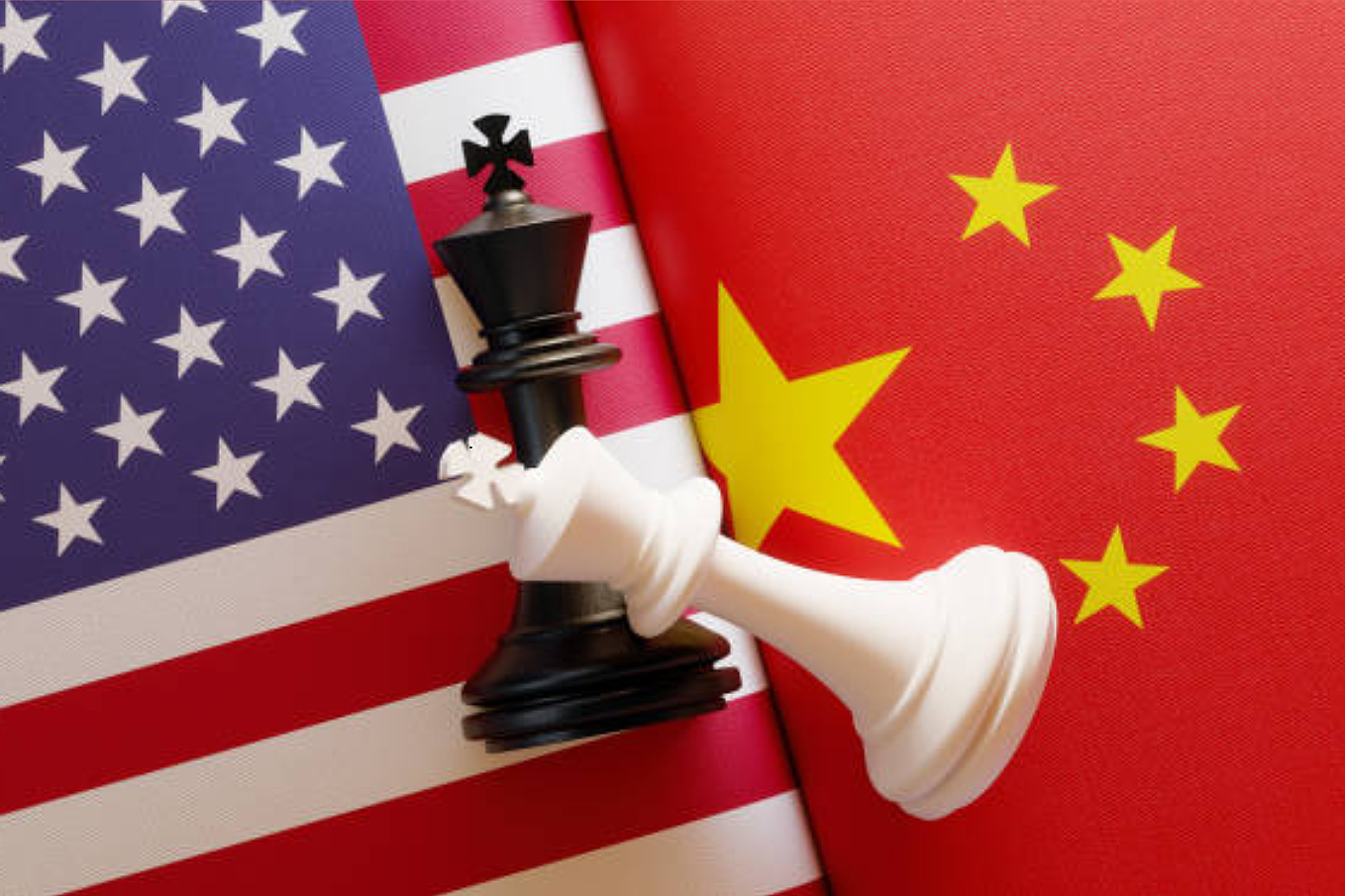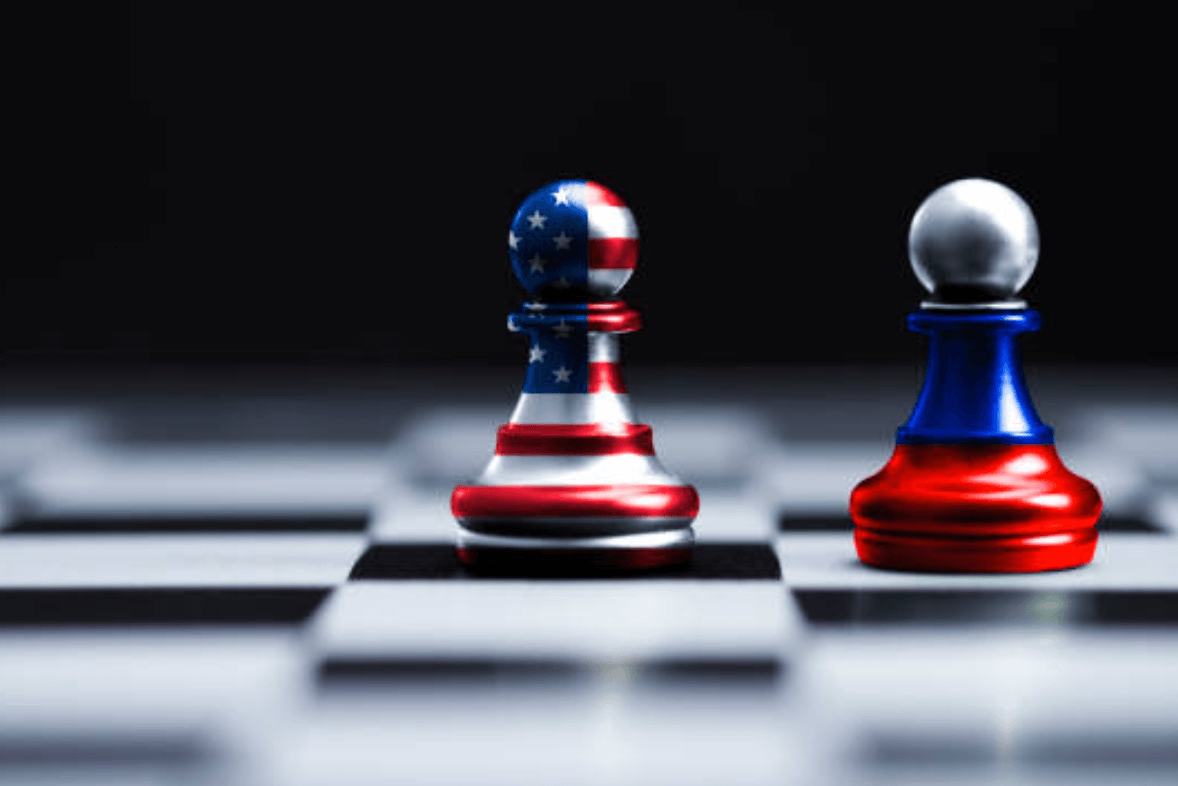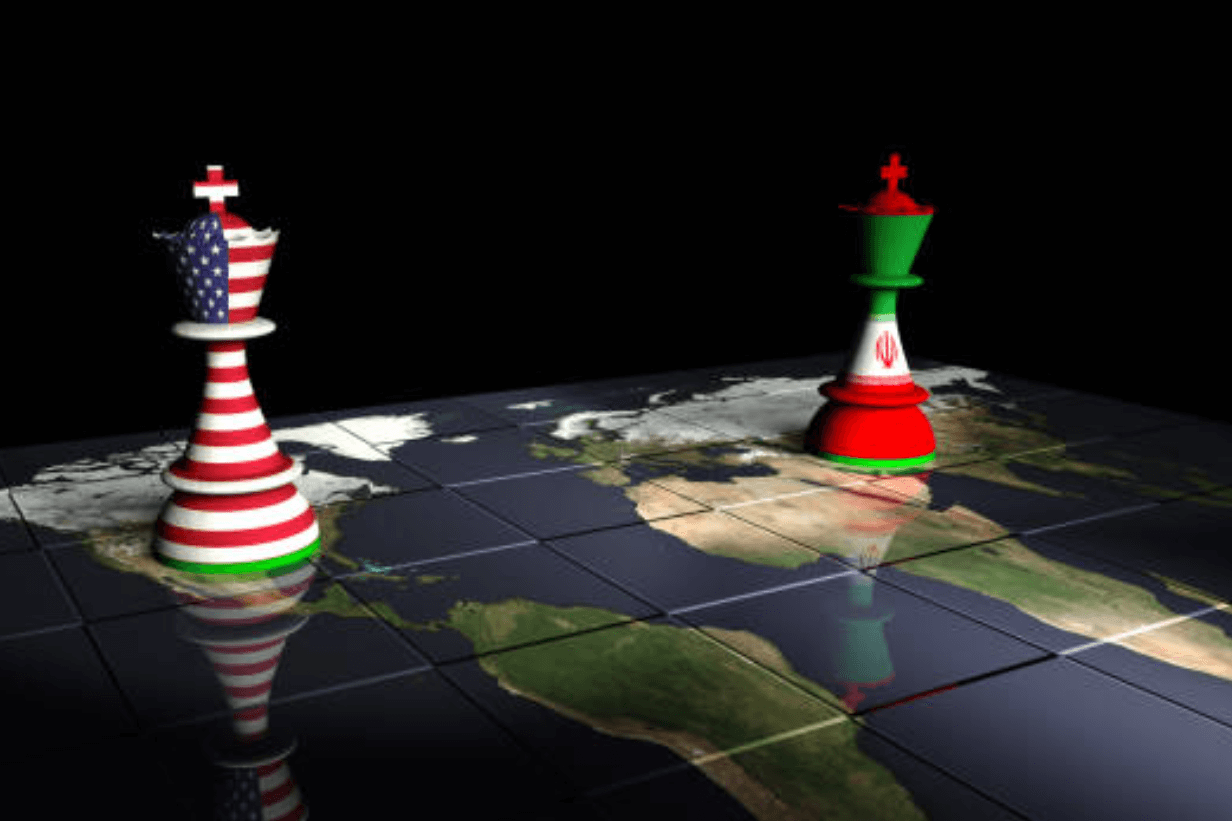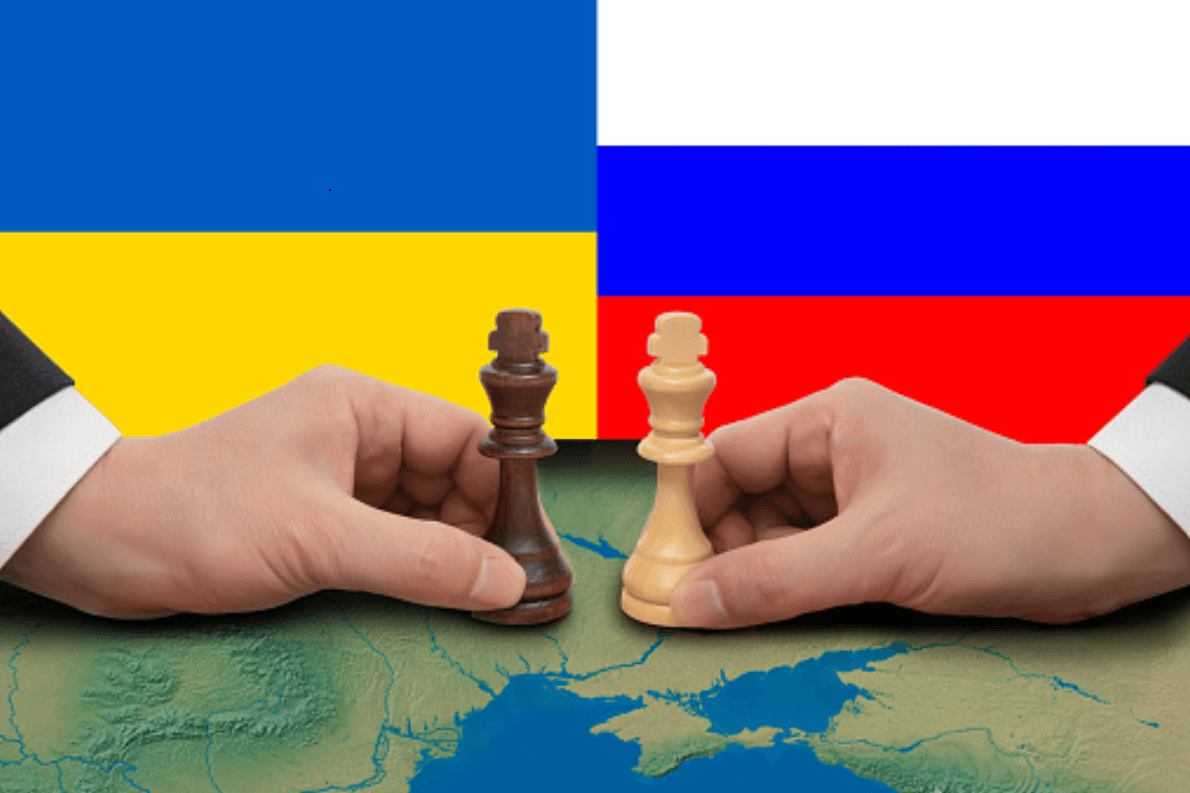Chess News, Events & Blogs
Chess in Politics: The Game of Diplomacy
The game of chess has played a surprising role in politics and diplomacy over the years. From the famous Fischer-Spassky match during the Cold War to the use of the Chess Olympiad as a diplomatic tool, chess has been used to build bridges and ease tensions between countries. In this article, we explore the fascinating history of chess in politics and diplomacy. Join us as we delve into the world of chess diplomacy and the ways in which this ancient game continues to shape international relations.
Table of Contents
Chess and Diplomacy: A Long-Standing Relationship
Chess has been used as a tool for diplomacy for centuries, with leaders and politicians using the game to communicate, negotiate, and even avoid conflict. The game has been played by kings, queens, and presidents, with some even suggesting that it played a role in shaping the course of history. Chess’s unique ability to facilitate communication between opposing sides is one of the reasons why it has been used so often in diplomacy. During tense diplomatic negotiations, playing a game of chess can help ease tensions and break down barriers between negotiators. By engaging in a game of chess, both sides can focus on the game’s strategy and tactics rather than the issues that led to the negotiations in the first place. The game’s ability to promote strategic thinking and careful planning is another reason why it has been used as a tool for diplomacy. In chess, players must plan their moves several steps ahead and anticipate their opponent’s next move. Similarly, in diplomacy, leaders and politicians must anticipate the actions of their adversaries and plan their responses accordingly. The skills required to play chess translate well into the world of diplomacy, where a misstep or mistake can have far-reaching consequences. The connection between chess and diplomacy is undeniable, and it continues to play an important role in international relations today.
Famous Examples of Chess in Diplomacy
The Reykjavik Summit 1986
The Reykjavik Summit marked a significant moment in the history of international diplomacy, as it helped to pave the way for the end of the Cold War. The game of chess played an unexpected role in this important event. As the two leaders sat down to play, they were able to engage in friendly competition while discussing sensitive topics related to arms control. The game helped to break down barriers and build a rapport between Reagan and Gorbachev, leading to a breakthrough in their negotiations. The summit resulted in the signing of the Intermediate-Range Nuclear Forces Treaty, a landmark agreement that helped to reduce the risk of nuclear war. The game of chess played a small but meaningful role in this historic event, demonstrating the power of games and sports to bring people together and foster dialogue.
The Kasparov-Short Match 1993
The Kasparov-Short Match is a notable example of how chess can be used as a tool for diplomacy even in times of conflict. Despite the controversy surrounding the match, it was seen by many as a way to bring people together through the shared love of the game. The match was not only a display of the highest level of chess skills but also a symbol of hope for peace and understanding. While some criticized the match for violating international sanctions, others argued that it was a necessary step towards building bridges between nations and promoting cultural exchange. The Kasparov-Short Match remains a testament to the power of chess as a means of promoting diplomacy and mutual respect across borders.
The Fischer-Spassky Match 1972
The Fischer-Spassky match was a defining moment in the history of chess diplomacy. Bobby Fischer, a great American chess player, was facing Boris Spassky, the reigning Soviet world champion, in a highly anticipated match in Reykjavik, Iceland. The match was seen as a battle between the two superpowers during the height of the Cold War, with tensions running high on both sides. The match was not without controversy, as Fischer had made several demands that threatened to derail the event. However, the match finally got underway, and it quickly became clear that it would be a close and hard-fought contest. Fischer lost the first game, but he bounced back to win the second, and the match was on.
The match was played over 21 games, and it captivated the world’s attention. The two players were evenly matched, and the outcome was far from certain. In the end, Fischer emerged victorious, winning the match 12.5 to 8.5. The victory was a huge boost to American morale, and it was seen as a significant blow to Soviet prestige. Despite the tensions surrounding the match, it was seen as a symbol of the power of diplomacy and sportsmanship. Fischer and Spassky both showed great respect for each other throughout the match, and they went on to become good friends in later years. The match is still remembered as one of the greatest moments in the history of chess diplomacy.
The World Chess Olympiad 2004
The World Chess Olympiad is one of the most significant events in the chess world, bringing together teams from over 160 countries to compete against each other. The tournament provides a unique opportunity for players from different countries to interact and forge relationships, making it a perfect platform for diplomacy. Several countries have used the Chess Olympiad as a diplomatic tool, with Israel and Palestine being notable examples. The two countries played against each other in the 2004 Olympiad, despite not having official diplomatic relations at the time. The game was seen as a significant step towards promoting peace and understanding between the two countries, and it helped to create a dialogue between the players. The Chess Olympiad has also been used as a tool for cultural diplomacy, with countries using the event to showcase their traditions, history, and art. It provides a unique opportunity for countries to share their culture with the world and promote understanding between different nations.
The US and Iran in 2013
In 2013, the US and Iran made an unexpected move in the realm of diplomacy by engaging in a game of online chess. The game was organized by the US Chess Federation and the Iranian Chess Federation as part of a larger campaign to promote understanding and cultural exchange between the two nations. Despite the tensions between the US and Iran at the time, the game demonstrated that chess can serve as a powerful tool for building bridges and promoting dialogue between countries with differing political and cultural perspectives.
The game itself was played between a team of American and Iranian players, with each move announced on Twitter to an audience of chess enthusiasts and political observers around the world. While the game ultimately ended in a draw, it served as a symbolic gesture of goodwill and cooperation between the two countries. This is just one example of how chess can be used to promote diplomacy and international relations. As technology continues to evolve and online gaming becomes more popular, it is likely that we will see more instances of countries engaging in online chess matches as a means of promoting cultural exchange and understanding.
The Future of Chess in Diplomacy and International Relations
The long-standing relationship between chess and diplomacy continues to play an important role in international relations today. As the world becomes increasingly interconnected, the game of chess has the potential to facilitate communication and build relationships between nations. In recent years, chess has been used in a variety of diplomatic initiatives, including the “Chess for Peace” program, which aims to promote peace and understanding through chess education. The program has been implemented in countries such as Israel and Palestine, where young people from both sides of the conflict are brought together to play chess and learn about each other’s cultures. Chess has also been used in diplomatic efforts to bridge cultural and political divides.
Looking to the future, chess is likely to continue to play a role in diplomacy and international relations. As technology advances, online chess tournaments and games between nations are becoming increasingly common. These games provide a platform for communication and collaboration, and they offer an opportunity for people from different backgrounds to come together and engage in a shared activity. In addition, chess can also be used as a tool for conflict resolution. The game requires players to think strategically, anticipate their opponent’s moves, and find creative solutions to complex problems. These same skills are essential in diplomacy and can be used to help resolve conflicts and build stronger relationships between nations.

